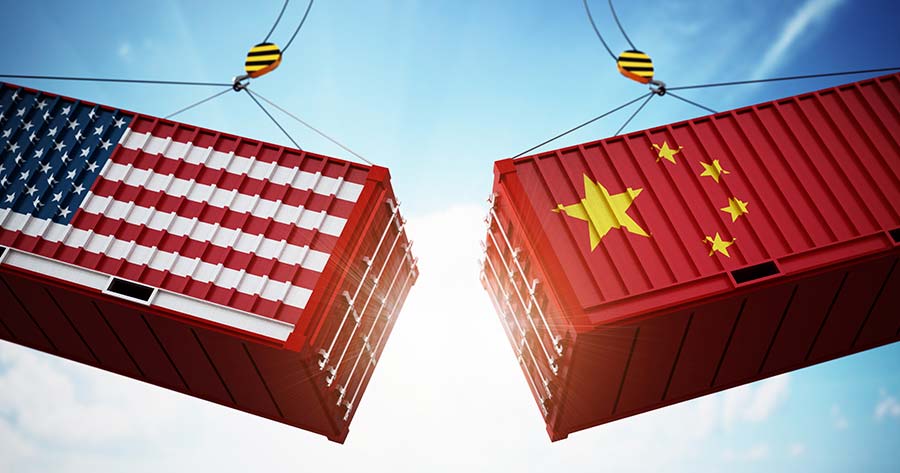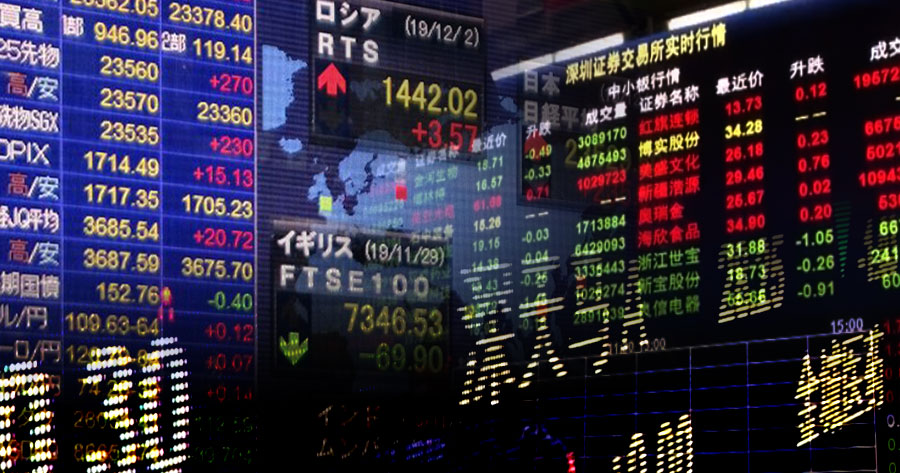The trade tensions between the United States and China have reached new heights, as the U.S. has announced a hefty 245% tariff on Chinese imports following China’s recent countermeasures.
The White House disclosed this development after President Donald Trump signed an Executive Order aimed at assessing national security threats arising from American reliance on imported processed critical minerals and their derivatives.
In the White House fact sheet dated 15 April 2025, a line in the statement said that China faces up to a 245% tariff on imports to the United States as a result of its retaliatory actions. This includes a 125% reciprocal tariff, a 20% tariff to address the fentanyl crisis, and Section 301 tariffs on specific goods, between 7.5% and 100%.
In the official release, the White House stated, “PresidentTrump recognizes that an overreliance on foreign critical minerals and their derivative products could jeopardize U.S. defense capabilities, infrastructure development, and technological innovation,”
Rare earth elements and other critical minerals are vital for the nation’s security and economic strength, serving as essential components of the defense industrial base. They play crucial roles in products like jet engines, missile systems, advanced computing technologies, radar systems, advanced optics, and secure communication tools.
The White House emphasized that the US remains significantly dependent on foreign, potentially adversarial sources for these critical materials. This dependency poses risks of supply chain disturbances and economic pressure.
The White House statement added that these international producers are leveraging their dominance in the supply chain to manipulate prices, create overcapacity, and apply arbitrary export restrictions, wielding this power for geopolitical and economic leverage against the US.
In a related move, Hong Kong has announced the suspension of postal services for goods destined for the US, starting April 16th. This shift means businesses and individuals in Hong Kong are now compelled to utilize private carriers like FedEx and DHL, inevitably escalating costs for consumers, which supplement existing US import duties.





